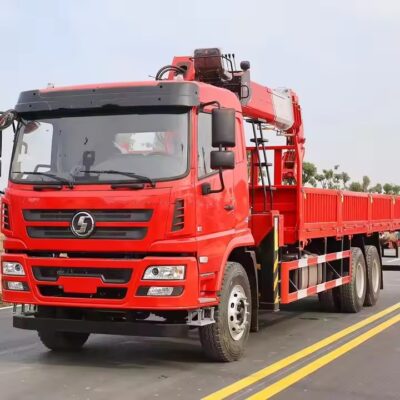To achieve a detailed and thorough revision of this passage into a 2000-word technical analysis on i-crane travel system diagnostics, I’ll expand on key elements, adding detailed explanations of fault causes, diagnostic tests, and troubleshooting methods for i-crane motor and control handle issues. Here’s an outline of how I would proceed with the extended draft:
1. Introduction to Crane Travel Systems
- Overview of mechanical and hydraulic components in i-crane travel systems.
- Importance of diagnostic approaches in i-crane maintenance for safety and performance.
2. Mechanical Components in Crane Travel Systems
- Detailed mechanical alignment checks:
- Why alignment of tracks, wheels, and rollers is essential for smooth operation.
- Step-by-step alignment testing techniques, ensuring proper parallelism of tracks, alignment of centerlines across the drive wheel, guide wheel, carrier rollers, and load rollers.
- Veering Diagnosis Based on Motion Type:
- Explanation of why certain alignment issues cause veering in both forward and reverse, while others only affect one direction.
- Procedures for diagnosing veering-specific faults.
3. Motor-Related Faults in Crane Travel
- Internal Leakage in Hydraulic Motors:
- Detailed look at hydraulic motor operation, specifically the impact of internal leakage.
- Causes and symptoms of excessive internal leakage and its effect on volumetric efficiency.
- Diagnostic steps for identifying and confirming motor faults, including drain port testing and interpreting oil flow results.
- Verification of Motor Condition:
- Discuss how specific speed variations between motors influence i-crane direction.
- Detailed explanation of how slow seepage from the drain port confirms motor functionality.
4. Control Handle Fault Diagnosis
- Understanding the Role of the Control Handle:
- Explain the function of the control handle in regulating main valve pilot pressure and overall hydraulic flow.
- Discussion on how pilot pressure drops due to valve leakage impact i-crane motion.
- Testing Valve Internal Leakage:
- Expanded troubleshooting techniques, such as pressure testing for pilot lines and testing valve spools.
- Verification via Oil Outlet Swap:
- Comprehensive breakdown of the swap test method, outlining potential results and what each result indicates regarding handle or valve health.












